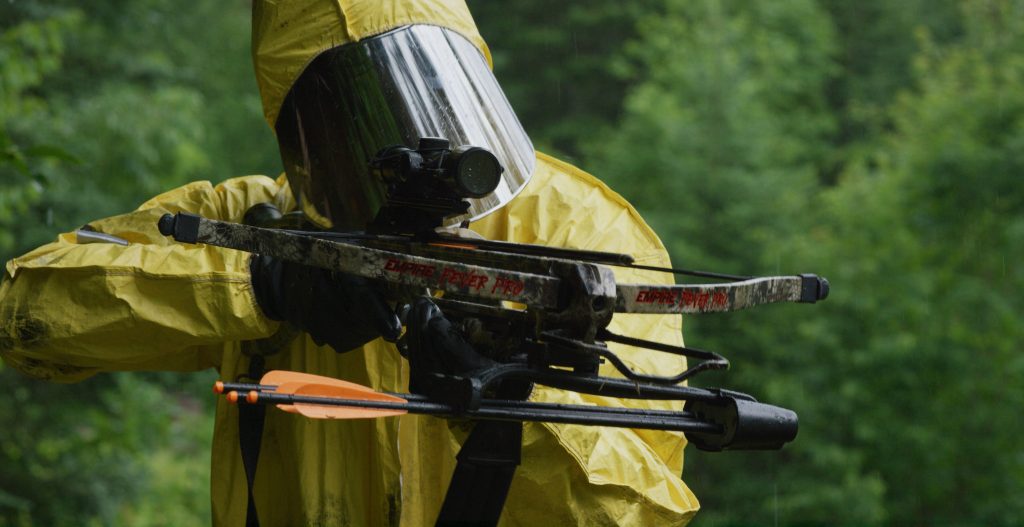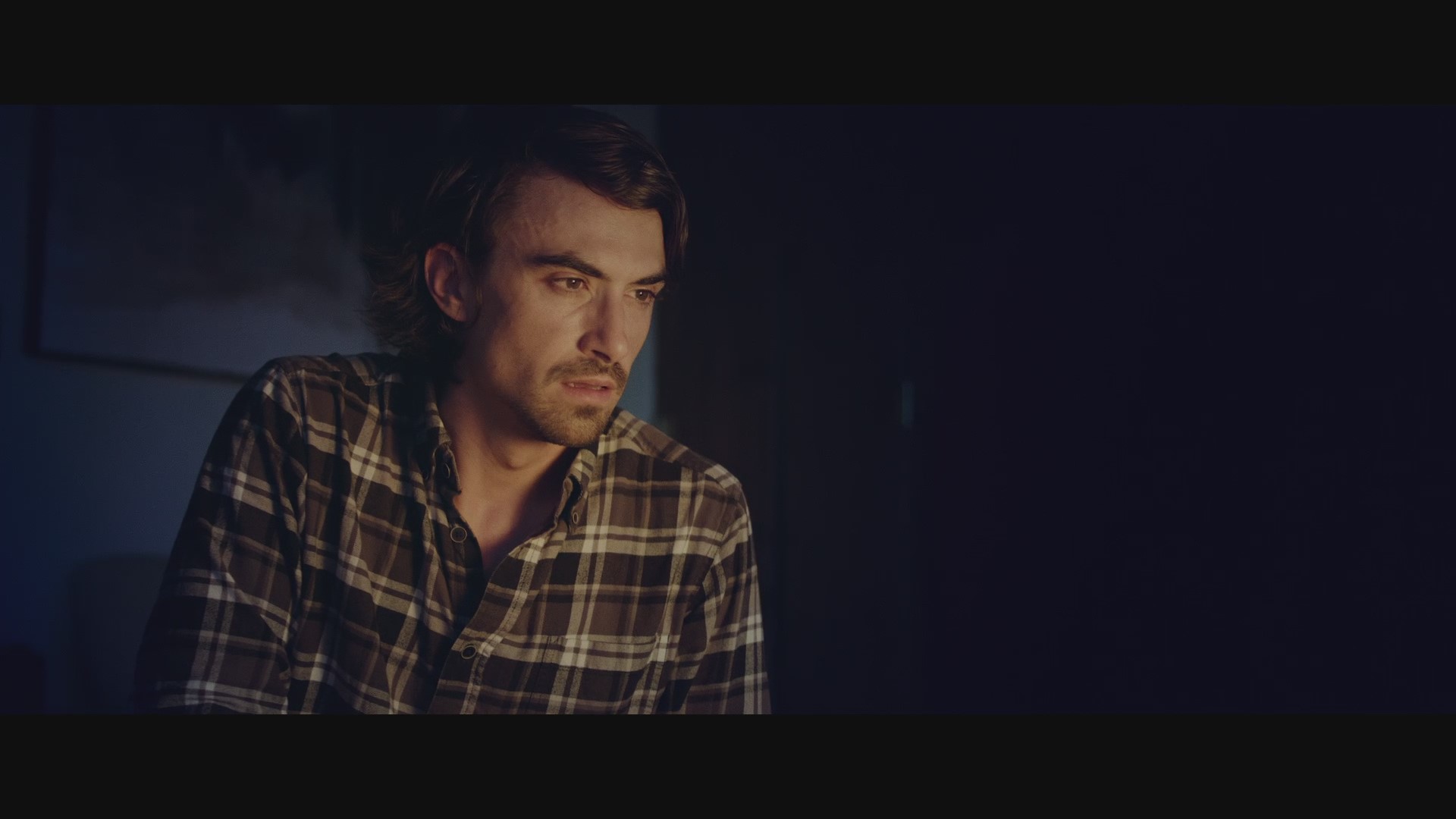In a world without contact, trust becomes the deadliest virus of all
In the eerie stillness of a world ravaged by disease, Eradication (2022) steps into the realm of sci-fi horror with a haunting question: What remains of humanity when the cure becomes deadlier than the disease? Directed by Daniel Byers, this chilling low-budget thriller captures a raw, apocalyptic atmosphere with unsettling intimacy. Anchored by a limited cast and an isolated setting, the film offers a bleak meditation on survival, science, and psychological collapse.
The story follows David, a man infected with a deadly virus, confined to a remote cabin and monitored by his wife through a video connection. The disease has wiped out much of civilization, and David represents both a potential cure and a final hope. But when the digital link between them begins to unravel and secrets emerge, David's perception of truth—and trust—starts to fracture. What begins as a quiet quarantine slowly mutates into a descent into paranoia, existential dread, and moral ambiguity.

Despite its minimalist approach, Eradication makes smart use of its limited resources. The isolation isn’t just physical—it becomes emotional and philosophical. The vast silence, broken only by cryptic messages and fragmented video calls, reflects a world where human contact has become a ghost of its former self. It’s a film where stillness speaks volumes, and where the tension creeps in not with loud jump scares, but with slow, suffocating unease.
Performance-wise, Harry Aspinwall delivers a restrained yet compelling portrayal of a man on the brink—emotionally vulnerable yet intellectually alert, trapped between love, science, and survival. The film’s intimate scale allows for a close psychological portrait, emphasizing the horrors not only of infection but of abandonment and betrayal. Meanwhile, the cinematography uses cold, washed-out tones to reflect a world without warmth, devoid of human touch.
At its core, Eradication explores themes of trust and the dehumanizing effects of technology in a crisis. It asks: what happens when our lifelines—both digital and emotional—fail us? With eerie prescience, the film taps into real-world anxieties heightened during the COVID-19 pandemic: quarantine, isolation, and the fear that those closest to us may not be telling the whole truth.

Though it flies under the radar compared to larger dystopian blockbusters, Eradication stands out for its bold commitment to mood, tone, and atmosphere. It doesn’t try to dazzle—it wants to disturb. And in that, it succeeds.



